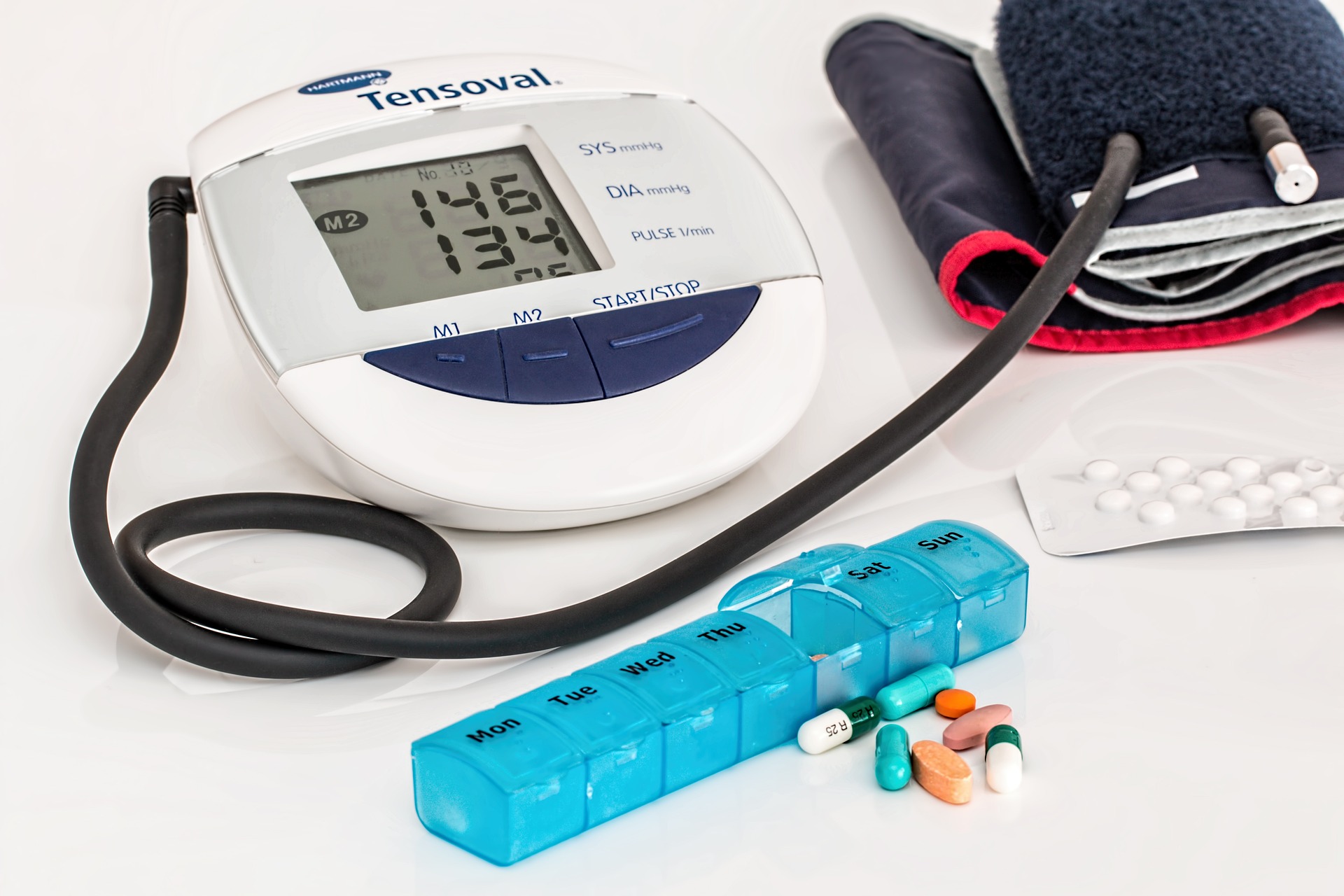Medical record review is a process that is often conducted during the discovery phase of a lawsuit. This process aims to gather information about the plaintiff’s medical history to build a case. This can be daunting for attorneys unfamiliar with medical terminology or procedures. In this article, we will discuss the basics of medical record review for attorneys.
The Process
Medical record review is typically conducted by a medical doctor, nurse, or other health care professional. The attorney will provide the health care professional with a list of questions that they would like answered. The healthcare professional will then review the plaintiff’s medical records and provide a report to the attorney.
What to Look for in Medical Records
When conducting a medical record review, there are certain things that attorneys should look for. These include: Diagnoses – What conditions has the plaintiff been diagnosed with? Treatments – What treatments has the plaintiff received for their condition? Prognosis – What is the outlook for the plaintiff’s condition? Previous Injuries – Does the plaintiff have a history of injuries?
What Attorneys Need To Understand
Attorneys need to understand that not all medical records will be complete. In some cases, records may be missing information or illegible. If this is the case, the attorney may need to subpoena the records from the health care provider.
Medical record review can be a useful tool in personal injury cases. It can help attorneys determine if the plaintiff has a valid claim and, if so, what kind of damages they may be entitled to.



